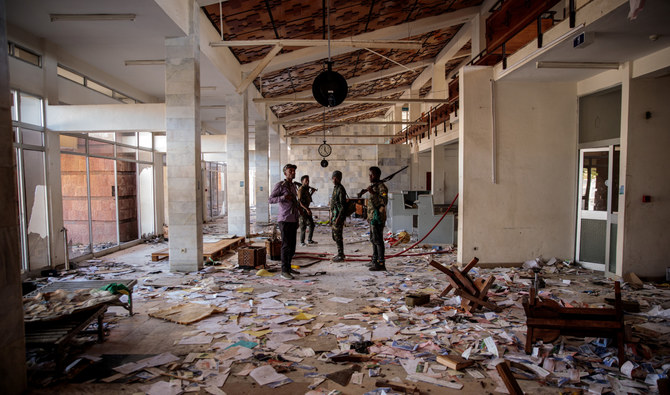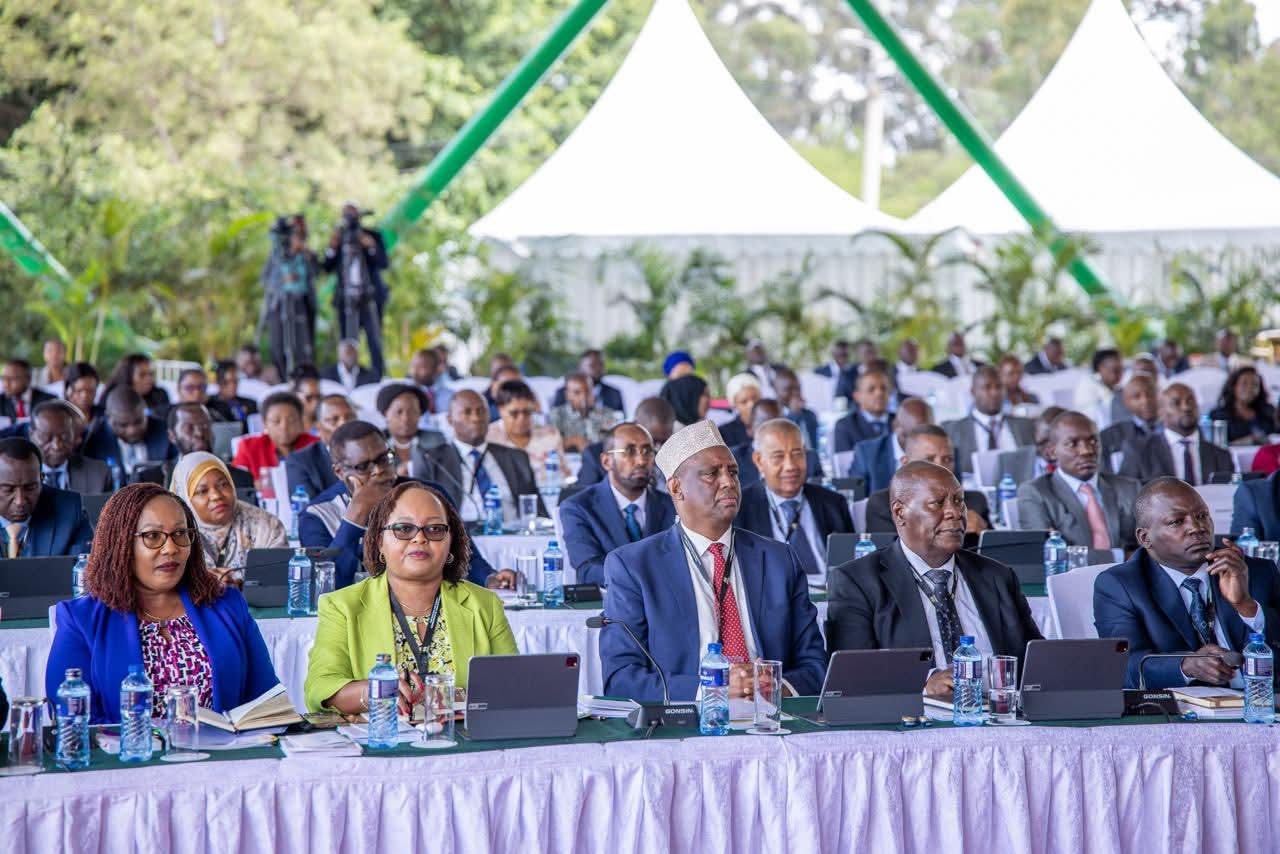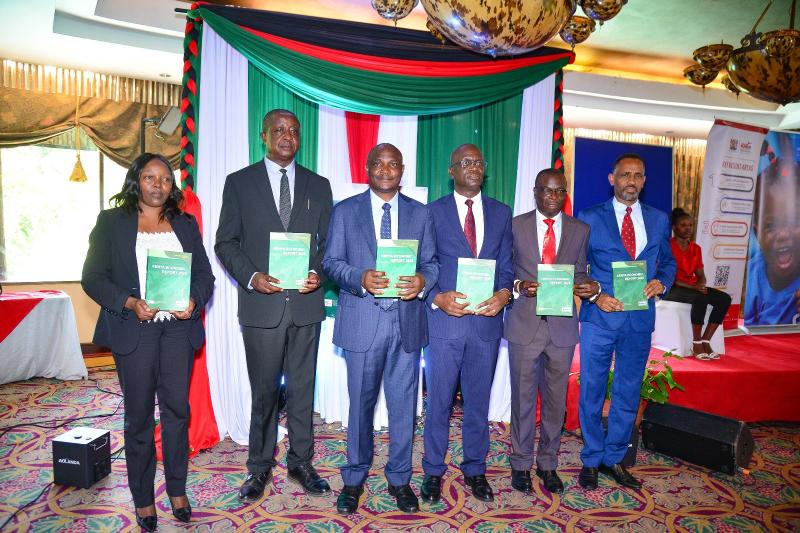Internet services restored in Ethiopia’s Amhara region after 11-month blackout

Despite the slow speeds, the resident expressed satisfaction with the service’s return.
Internet services have been restored across 19 cities in Ethiopia’s Amhara region, ending a shutdown that began in August 2023, following clashes between the Fano militia and government forces.
The restoration of internet access, which occurred over the weekend of July 13–14, 2024, brings relief to major cities including Bahir Dar, Dessie, Gondar, and Debre Birhan, which now have unrestricted connectivity.
More To Read
- UN urges Ethiopia and Eritrea to respect border pact amid rising tensions
- Djibouti confirms Eritrea’s formal exit from IGAD regional bloc
- Peace on paper, pain in reality: Tigray’s forgotten suffering, struggle for justice
- Kindiki unveils Sh1 billion plan to power 6,100 Marsabit homes
- Ethiopia blasts Egypt for escalating hostile rhetoric and rejecting dialogue over Nile waters, GERD
- Over 16,000 in the dark as Kenya Power struggles to procure essential meters, transformers
Residents in various cities confirmed the resumption of internet services, although connection speeds remain slow and inconsistent.
“There is congestion because everyone is using it; it comes and goes,” a Dessie resident told Addis Standard on condition of anonymity.
Despite the slow speeds, the resident expressed satisfaction with the service’s return. Co-founder of the Centre for Advancement of Rights and Democracy (CARD), Befekadu Hailu, confirmed the restoration of services and clarified that mobile data services were restored as broadband services had been operational.
He noted that a thorough investigation is needed to determine the precise cause of the slow speeds.
“Various factors can affect internet speed, such as restrictions on certain social media platforms or intentional throttling by the internet service provider. However, the exact cause of the current slow speeds is still under investigation,” Hailu said.
 A laptop, tablet and a phone. (Photo: Canva)
A laptop, tablet and a phone. (Photo: Canva)A laptop, tablet and a phone. (Photo: Canva)
The prolonged shutdown, which began on August 3, 2023, drew international attention, leading to significant economic repercussions.
In January 2024, a report by Top10VPN estimated Ethiopia’s economic losses from internet shutdowns at approximately $1.9 billion (approximately Sh245 billion) for 2023, ranking it second globally in terms of financial impact from such disruptions.
In September 2023, the KeepItOn coalition, comprising over 300 human rights organisations from 105 countries, urged the Ethiopian government to end the shutdown, highlighting that such actions during conflicts endanger lives and restrict access to vital information.
The Centre for Rights and Democracy (CARD), a local nonprofit organisation, also conducted research on the impact of internet shutdowns in Ethiopia.
Its study, funded by digital rights group Access Now, revealed that Ethiopia lost $1.59 billion (approximately Sh205 billion) due to internet shutdowns lasting 14,910 hours and affecting 29 million users in 2023.
CARD emphasised that internet shutdowns have become common in Ethiopia amid conflict and instability, citing at least 26 incidents of shutdowns in response to violence and political turmoil since 2016.
The longest internet and telecommunications blackout in Ethiopia occurred in Tigray, lasting over two years (2020–2022) during the conflict between the federal government and Tigray forces.
Top Stories Today













































